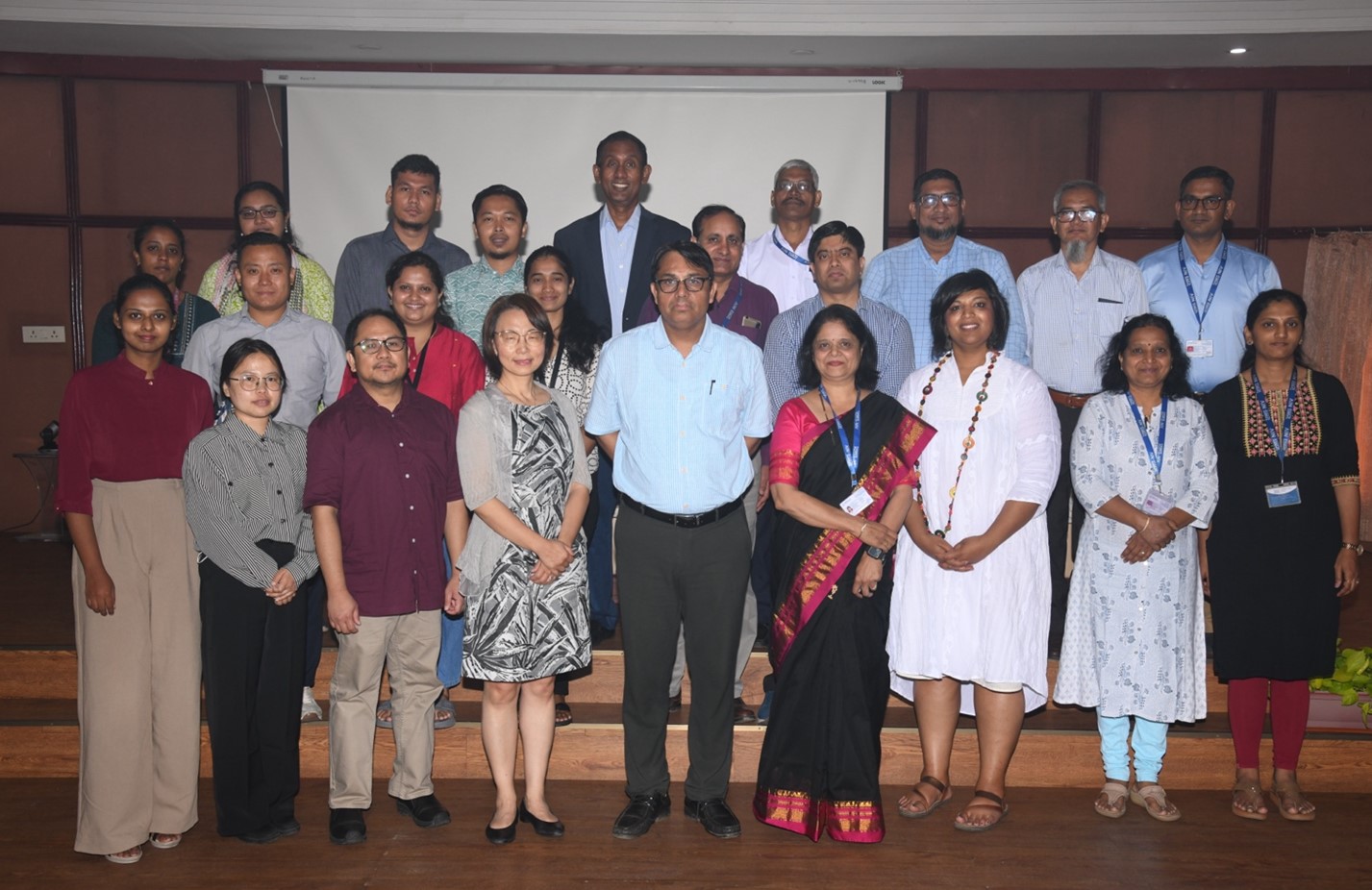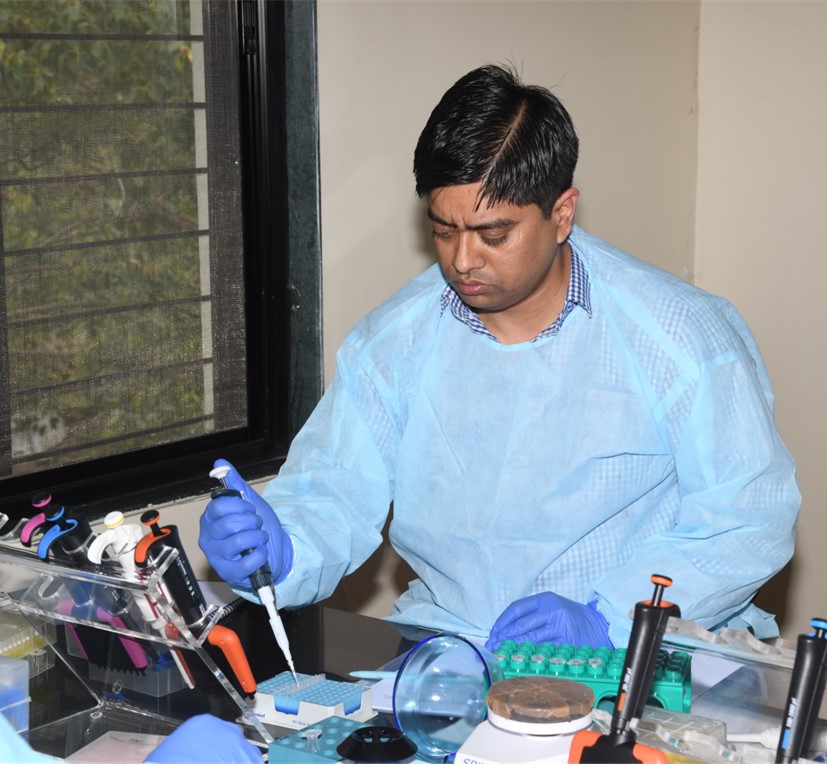
3-7 June 2024|National Institute of Virology|Pune, India
In infants and young children, Respiratory Syncytial Virus (RSV) causes acute lower respiratory infections and significantly contributes to hospitalization. As part of the global efforts to expand the Global Influenza Surveillance and Response System (GISRS) to include other respiratory pathogens, WHO SEARO, together with partners, has been supporting several countries across the region to integrate RSV into the existing national influenza-like illness (ILI) and Severe Acute Respiratory Infections (SARI) sentinel surveillance systems. To operationalize the integration of RSV surveillance, further efforts are needed to increase technical capacities for RSV molecular testing and genomic sequencing. This will inform RSV seasonality, virus evolution, and transmission, aiming for a better understanding of the factors that influence virus circulation and disease severity.
In June 2024, an international workshop on influenza and Respiratory Syncytial Virus (RSV) was jointly organized in Pune, India by the National Influenza Centre (NIC), the Indian Council of Medical Research (ICMR) - National Institute of Virology (NIV) in Pune, and the WHO Collaborating Centre for Reference and Research on Influenza (WHO CCRRI) in Melbourne, Australia, with support from the WHO Southeast Asia Regional Office (SEARO).
This one-week hands-on training primarily focused on the genomic surveillance of Influenza and RSV, including wet lab training, PCR setup, and bioinformatics analysis, as well as quality control of data submission to public domains. The training was facilitated by experts from the WHO CCRRI in Australia and the NIC, ICMR-NIV in India


Active participation in hands-on trainings (Photo Credit: NIV/Pune)
During the workshop, Dr. Varsha Potdar, head of the NIC at ICMR-NIV, highlighted its role in strengthening regional disease surveillance through advanced genomics analysis techniques across SEAR member states. Additionally, Dr. Naveen Kumar, Director of ICMR-NIV, emphasized the importance of fostering collaborations and working across borders to build capacities to detect and contain future pandemics.
The workshop concluded successfully with participation from 9 representatives from Bangladesh, Bhutan, Indonesia, Nepal, and Sri Lanka. These participants acquired valuable skills and knowledge, thereby contributing to strengthened surveillance and response systems against influenza and RSV in the region.
